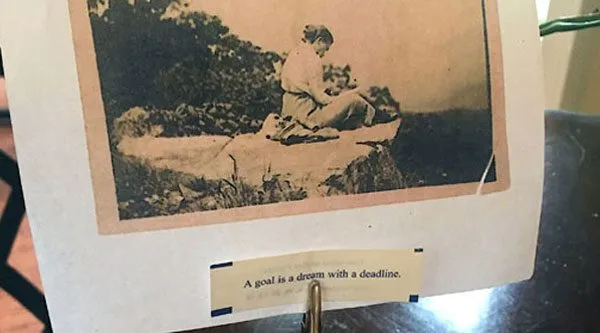Related

Mom saves baby during alleged road rage shootout in Henrico
A 9-month-old baby girl was caught in the crossfire of a shootout in Henrico on Wednesday evening, Crime Insider sources tell Jon Burkett. Crime Insider sources say the incident began when a sedan hit a pickup truck near Vawter Avenue. The sedan started to drive away after the crash, according
Click here to read more
Chiropractor with patients in Henrico has license suspended after investigation finds sexual contact with patients
A chiropractor who saw patients in Hanover and Henrico counties can no longer practice after the Virginia Board of Medicine suspended his license following allegations of sexual contact with multiple patients. Schuyler Matthew Whelan's license was suspended on June 26 after board members concluded he posed "a
Click here to read more
As veterans deal with job loss, stress, Henrico organizations partner to plan career fairs
Funding slashes to federal jobs by President Donald Trump and the Department of Government Efficiency are hitting some Virginia veterans hard. Trump established DOGE, an agency first headed by Elon Musk, on the first day of his presidency to “maximize governmental efficiency and productivity.” DOGE has made sweeping cuts to
Click here to read more
Henrico Schools' annual Back-to-School Kickoff event scheduled July 31
Henrico County Public Schools will host its annual Back-to-School Kickoff event Thursday, July 31 at the Henrico Sports and Events Center. The event is designed to get students excited for the first day of school on Aug. 18. The free divisionwide event will include: • basketball, futsal (indoor soccer) and kickball
Click here to read more
